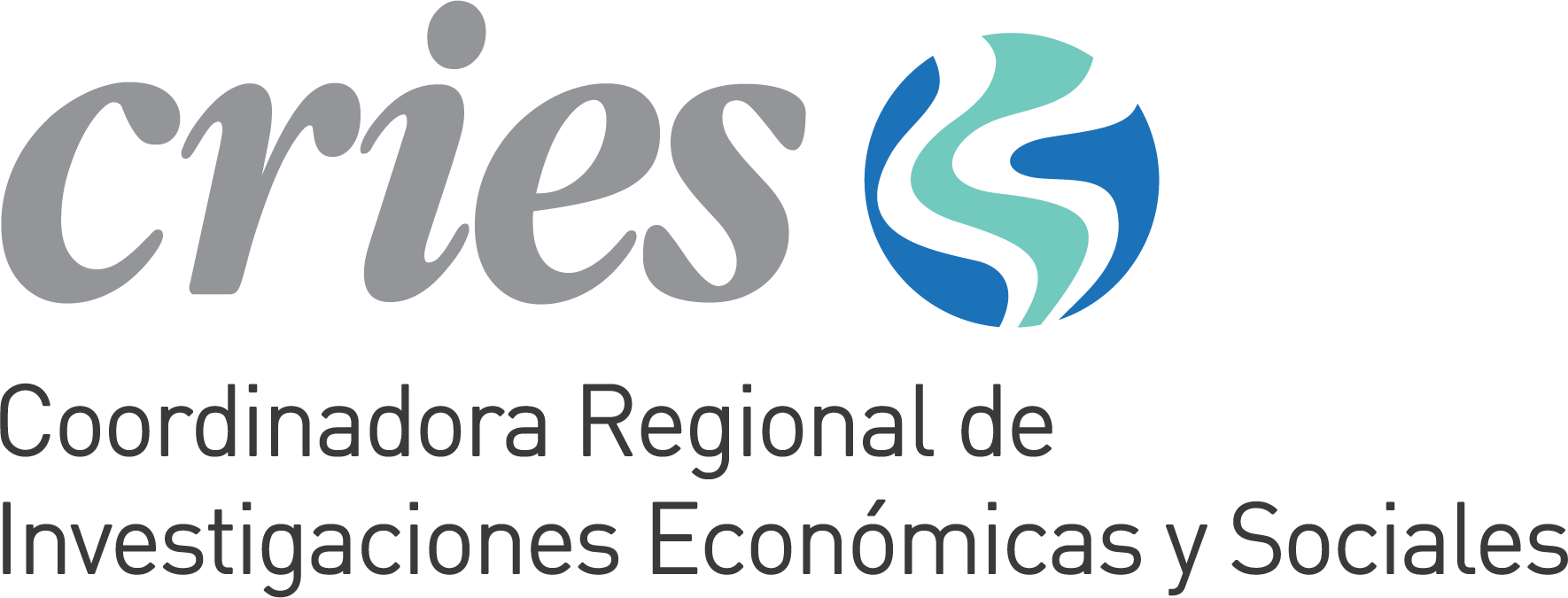Mass Violence and Atrocities | Discussion Paper
VI. Regional Responses to the Crises in Latin America and the Caribbean: Recommendations for COVID-19
On May 28-29, 2020, the Stanley Center for Peace and Security and La Coordinadora Regional de Investigaciones Económicas y Sociales (CRIES) co-organized the Sixth Workshop of Regional Responses to the Crises in Latin America and the Caribbean. In this virtual series of small-group thematic workshops, academics and representatives of civil society organizations developed and exchanged recommendations about crises in Latin America and the Caribbean viewed through the lens of the current global COVID-19 pandemic.
Participants discussed issues relating to Venezuelan human displacement, prospects for political transition in Venezuela, the developing crisis in Brazil, regional geopolitics, cooperation among multilateral organizations, and human displacement in the Caribbean. The discussions resulted in actionable recommendations to address both the hardships created by the COVID-19 pandemic and also the underlying challenge of building resilience against mass violence and atrocities across the region.
Throughout the strategic discussions, six expert authors each developed policy analysis on a thematic topic:
Brazil: Democratic Challenges Amid the COVID-19 Crisis
Translations: Spanish | Portuguese (cries.org)
Thiago Rodrigues
Amid the resource-straining impact of COVID-19, Brazil is navigating a political crisis interlinked with the management of the virus. Six steps can be taken to promote dialogue within the country that can result in a constructive compromise on national issues.
Venezuelan Migration in the Context of COVID-19
Translations: Spanish | Portuguese (cries.org)
Claudia Vargas-Ribas
Venezuelan migrants face increased risk during COVID-19 due to the threat of infection and barriers to accessing services and assistance. Civil society, governments, and the general population of the region can take concrete and immediate action to stem the risks for this population.
Human Displacement in the Caribbean During COVID-19
Translations: Spanish | Portuguese (cries.org)
Shiva S. Mohan
Caribbean governments have amplified the vulnerabilities of mobile populations during COVID-19 by closing borders and prioritizing nationals. A coordinated regional response is needed to provide asylum seekers, refugees, and migrants full access to health services and social support.
COVID-19 in Latin America: Perspectives from Multilateral Organizations and International Cooperation
Translations: Spanish | Portuguese (cries.org)
Gino Pauselli
Multilateral organizations combat the effects of COVID-19 by providing information and reducing transaction costs between governments. A decade of divestment in multilateral spaces has weakened this capacity in Latin America, but steps can be taken to strengthen these institutions in a postpandemic world.
COVID-19 and Geopolitics in Latin America and the Caribbean
Translations: Spanish | Portuguese (cries.org)
Ariel Gonzalez Levaggi
The COVID-19 crisis has accelerated regional and global geopolitical trends, including the regression of democratic norms in Brazil and the increasingly assertive diplomacy of China. Steps can be taken to bolster multilateral engagement, universal human rights, and collective leadership in the Latin American and Caribbean region.
COVID-19 and Possibilities for Transition in Venezuela
Translations: Spanish | Portuguese (cries.org)
Maryhen Jiménez
COVID-19 has exacerbated the economic and humanitarian crisis in Venezuela, prioritizing efforts for pandemic management over pressure for a democratic transition. Even as the prospects for political change remain daunting, regional organizations and the international community can act to protect vulnerable populations and promote spaces for dialogue.
Partners

Related Publications
Mass Violence and Atrocities
IV. Regional Responses to the Venezuelan Crisis: Displacement, Civil Society, and Extraregional ActorsMass Violence and Atrocities
III. Regional Responses to the Crisis in Venezuela: Strengthening Civil Society Capacity and Multilateral InitiativesMass Violence and Atrocities
II. Regional Responses to the Crisis in Venezuela: Safeguarding the Human Rights of Refugees and MigrantsRelated Events
May 28-29, 2020
Regional Responses to the Crises in Latin America and the Caribbean: Recommendations for COVID-19